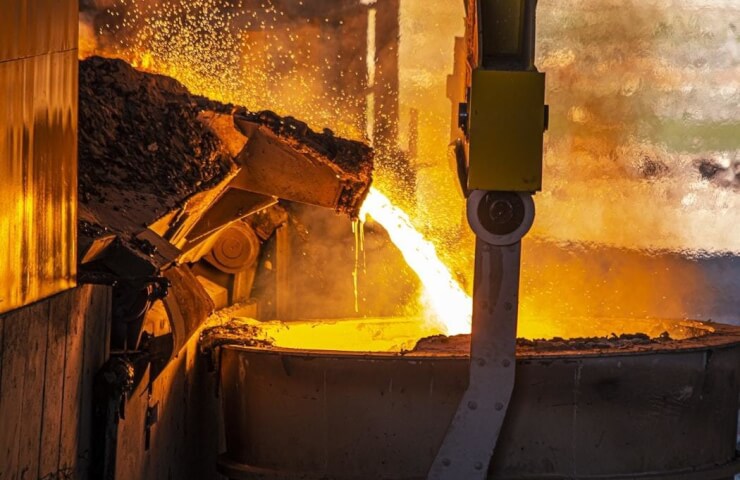The metals market will face its worst quarterly decline since the 2008 global financial crisis as China's economy recovered only gradually and fears of a global recession intensified. About this writes on Friday from mining.com.
The London Metal Exchange Index has fallen 23% since the end of March. This will be the first quarterly decline for the entire index since the start of the pandemic. Tin performed the worst, falling 38%, while aluminum fell by about a third and copper fell by about a fifth.
Chinese metallurgy activity increased in June for the first time since February, after anti-virus controls were relaxed. However, the improvement was rather weak, and the sluggish real estate market continues to put pressure on demand for metals. The Covid Zero policy also remains unchanged despite the easing of lockdown rules, meaning that there is a constant risk of more restrictions being imposed if the number of cases rises again.
The lockdowns in China also had a major impact on Japan, where industrial production fell 7.2% in May, below estimates of a 0.3% decline. The country is Asia's largest importer of aluminum, and inventories of the metal at major ports rose to their highest level in more than six years as demand for cars plummeted due to supply chain restrictions.
The looming threat of a recession continues to hang over the market in the US and possibly even the world. Federal Reserve Chairman Jerome Powell and other central bankers warned that the world is moving into a higher inflation regime at the European Central Bank's annual forum in Portugal. At the very least, the major economies are moving towards a slowdown in growth, which will lead to a containment of construction activity.
Zinc edged slightly lower on the London Metal Exchange on Thursday, trading 2.8% lower at $3,265/t at 10:02 am local time. Copper fell 0.9% to $8,324 a ton, while aluminum fell 0.9%. Despite a sharp quarterly drop, the LMEX index is down only about 13% this year.




